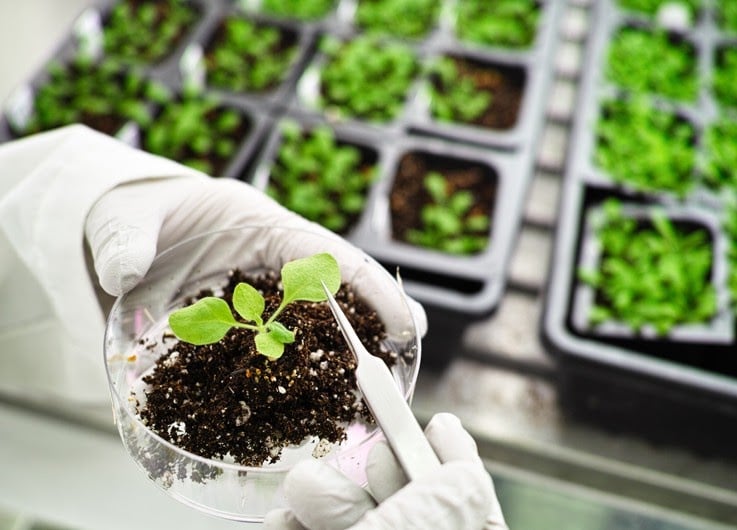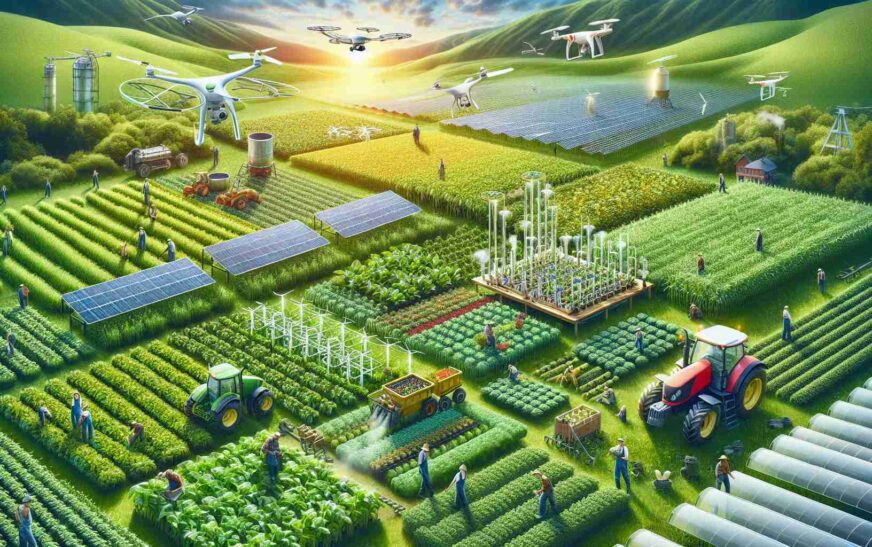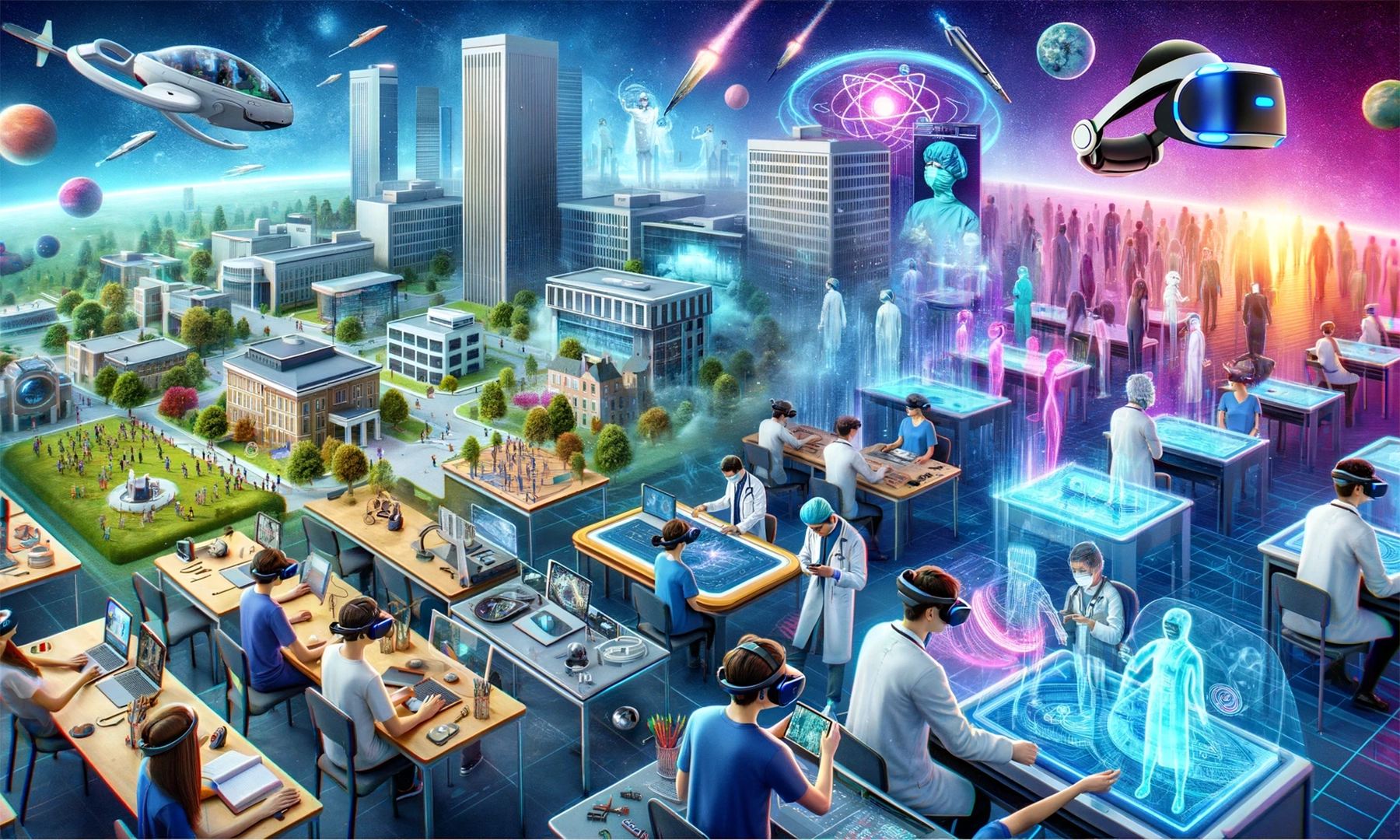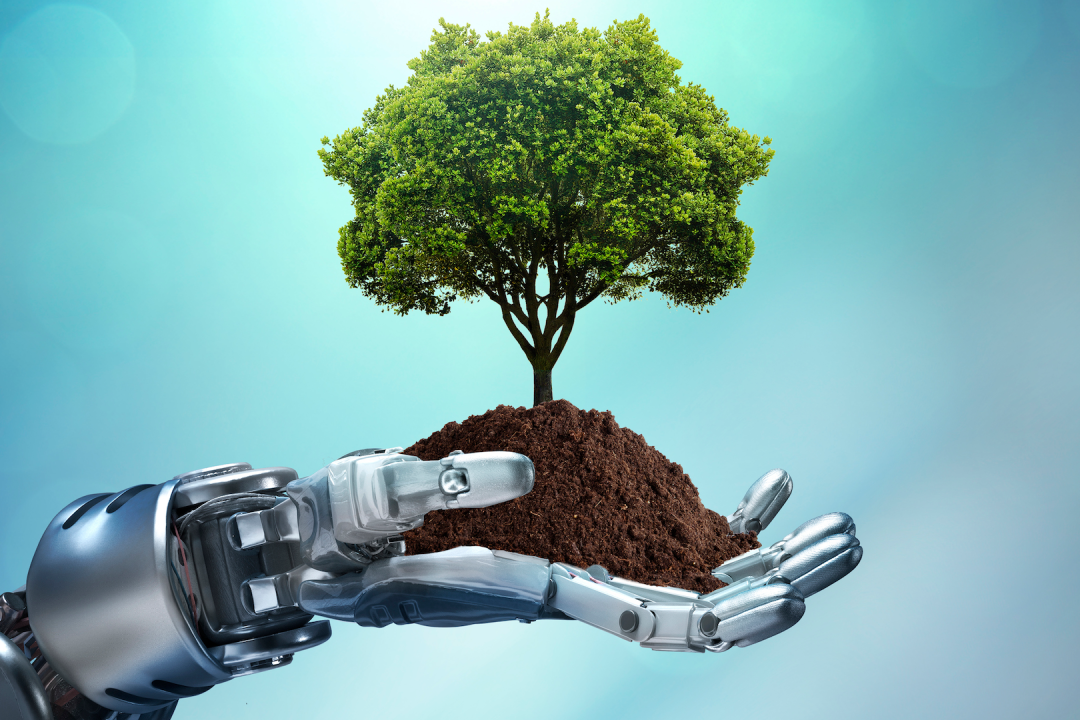Imagine walking through a vibrant field of crops, each plant thriving and resilient against pests and diseases. This vision is becoming a reality thanks to the revolutionary world of biotechnology. As we face pressing challenges like climate change and food security, biotech in agriculture emerges as a beacon of hope for sustainable farming practices.
Biotechnology harnesses the power of living organisms to develop innovative solutions that enhance agricultural productivity. From genetically modified organisms (GMOs) to advanced breeding techniques, this science has profound implications for how we grow our food. But what does this mean for farmers, consumers, and the environment? The conversation around biotech in agriculture is complex yet vital.
Join us on a journey to explore the intricacies of biotechnology in agriculture—its benefits, controversies, real-world applications, and its promising future toward sustainability. Let’s dive deeper into how biotech is shaping not just fields but also our future on this planet!
What is Biotechnology?

Biotechnology is a fascinating field at the intersection of biology and technology. It involves using living organisms, cells, and biological systems to develop products and processes that improve our lives.
This science encompasses various techniques such as genetic engineering, molecular markers, and tissue culture. These methods allow scientists to manipulate genes or enhance traits in crops and livestock.
From developing disease-resistant plants to producing biofuels from waste materials, biotechnology has far-reaching applications. It offers tools for addressing challenges like food scarcity while promoting sustainability.
The potential of biotech extends beyond agriculture into medicine, environmental management, and industrial processes. As research advances, new possibilities emerge that can reshape industries across the globe.
Understanding biotechnology opens doors to innovations that promise a healthier planet and enhanced quality of life for all.
The Role of Biotech in Agriculture

Biotechnology plays a transformative role in agriculture. It introduces innovative methods to enhance crop yields and resist pests. Through genetic engineering, scientists can modify plants to thrive in challenging environments.
Farmers benefit from biotech by gaining access to crops that require fewer resources, such as water and fertilizers. These advancements lead to more efficient farming practices.
Moreover, biotechnology aids in developing disease-resistant varieties of staple crops. This not only secures food supply but also reduces reliance on chemical pesticides.
Sustainable practices emerge as a key theme with biotech applications. By minimizing inputs while maximizing outputs, we create an agricultural system that can support future generations.
The integration of biotech solutions fosters resilience against climate change challenges. Farmers are now equipped with tools that allow them to adapt swiftly and ensure food security amidst evolving conditions.
Benefits of Biotechnology in Agriculture

Biotechnology offers transformative benefits in agriculture. It enhances crop yields, allowing farmers to produce more food with fewer resources. This efficiency is crucial for feeding a growing global population.
Pest-resistant crops reduce the need for chemical pesticides. This not only lowers production costs but also minimizes environmental impact. Healthier ecosystems can thrive when harmful chemicals are less prevalent.
Biotech also plays a role in drought tolerance. Crops engineered to withstand dry conditions help ensure food security in arid regions. Farmers gain resilience against climate variability, securing livelihoods and local economies.
Additionally, biotechnology aids nutritional enhancement of crops. Fortifying staple foods can combat malnutrition and improve public health outcomes worldwide.
Biotech innovations promote sustainable practices by reducing land use and improving soil health through better crop management techniques.
Controversies Surrounding Biotechnology in Agriculture
Biotechnology in agriculture sparks heated debates. Advocates argue it boosts productivity and reduces the need for harmful pesticides. Critics, however, raise concerns about potential health risks associated with genetically modified organisms (GMOs).
Public perception plays a significant role in these controversies. Many consumers are wary of foods that have been altered at the genetic level. This skepticism can affect market demand and consumer choices.
Environmental implications also fuel discussions. While biotech crops may use fewer resources, some worry they could lead to biodiversity loss or create superweeds resistant to herbicides.
Regulatory frameworks vary widely across countries, adding another layer of complexity to the conversation. In some regions, stringent regulations govern biotech products; others take a more lenient approach.
This ongoing debate reflects deeper values around food production and safety—highlighting how biotechnology continues to challenge traditional agricultural practices.
Case Studies: Successful Implementation of Biotech in Agriculture
One of the most notable examples is the introduction of Bt cotton in India. Farmers adopted this genetically modified crop to combat pest infestations effectively. The results were remarkable, with significant reductions in pesticide use and increased yields. This success has transformed lives, turning struggling farmers into more profitable entrepreneurs.
Another compelling case comes from Brazil, where biotech soybeans have paved the way for sustainable farming practices. These crops are engineered for herbicide resistance, allowing farmers to control weeds without harming their plants. As a result, they can cultivate larger areas while minimizing environmental impact.
In Africa, drought-resistant maize varieties have been developed through biotechnology. These crops provide food security in regions prone to water scarcity. By improving resilience against climate challenges, farmers can maintain productivity even under adverse conditions.
These case studies illustrate how biotechnology is reshaping agriculture’s landscape by offering practical solutions and enhancing sustainability across diverse environments.
The Future of Biotech in Agriculture
The future of biotech in agriculture looks promising and transformative. As the global population continues to rise, innovative solutions are essential for food security.
Advanced techniques like CRISPR gene editing may revolutionize crop resilience against climate change. Farmers could cultivate varieties that thrive in extreme conditions, reducing reliance on chemical inputs.
Sustainable practices will gain traction through biotechnology, enhancing nutrient use efficiency. This means less environmental impact while maximizing yields.
There’s also potential for biopesticides and biofertilizers, promoting a healthier ecosystem. These alternatives help manage pests without harming beneficial organisms or degrading soil health.
Consumer acceptance is growing as education spreads about the benefits of biotech products. With transparency and collaboration among stakeholders, trust can be built around these innovations.
Investments in research will continue to drive advancements forward, ensuring that agriculture remains robust and sustainable for generations to come.
Conclusion: Embracing Biotechnology for a Sustainable Future
The journey of biotechnology in agriculture is one filled with promise and potential. As we face the challenges of climate change, food security, and environmental degradation, biotech offers innovative solutions that can help us cultivate a sustainable future.
By harnessing the power of genetic engineering, plant breeding techniques, and advanced bioprocesses, farmers are finding new ways to produce more resilient crops. These advancements not only increase yield but also reduce dependence on chemical inputs. This shift is critical for protecting our ecosystems while meeting the growing demands for food.
However, embracing biotechnology requires thoughtful conversation around its implications. Addressing consumer concerns and ensuring responsible practices will be essential as we move forward. Education plays a key role here—informing stakeholders about how biotech contributes to sustainability could bridge gaps in understanding.
As case studies illustrate successful applications globally—from drought-resistant maize in Africa to pest-resistant cotton—the vision of biotech transforming agriculture becomes clearer. Each success story reinforces the notion that innovation is vital for progress.
Looking ahead, collaboration among scientists, policymakers, farmers, and consumers will pave the way for broader acceptance of these technologies. Embracing biotech means committing to research-driven strategies aimed at nurturing both our planet and its people.
A sustainable agricultural landscape built on biotechnology holds great promise for future generations. The opportunity lies before us: adopting cutting-edge science today can lead us toward a healthier tomorrow where food security thrives alongside environmental stewardship.










